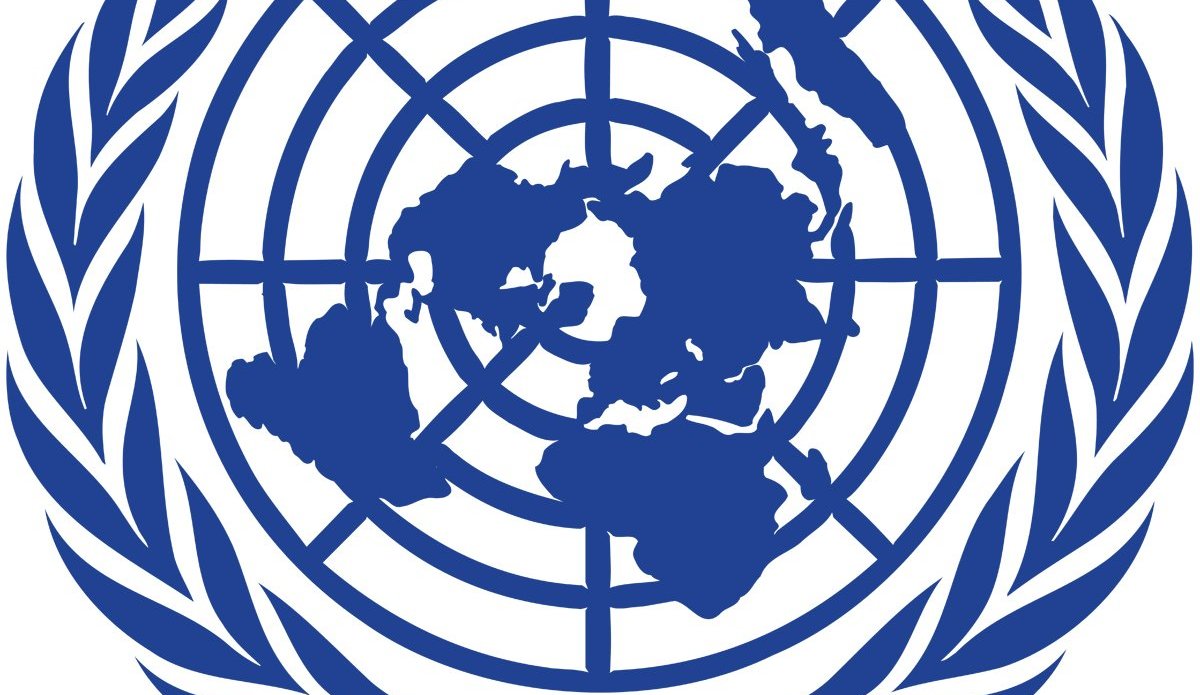UNAMA welcomes return of Reform and Partnership team to electoral process
KABUL - The United Nations Assistance Mission in Afghanistan (UNAMA) welcomes the agreement reached by the two Presidential candidates, Dr. Abdullah Abdullah and Dr. Ashraf Ghani, on breaking the electoral impasse which enables the Reform and Partnership Team to re-enter the country’s electoral process.
The agreement – facilitated by the US Secretary of State, John Kerry – involves a complete audit of the results of Afghanistan’s Presidential election run-off. Both candidates committed to participating and abiding by the result of this comprehensive audit.
The agreement also includes the formation of a government of national unity upon the declaration of the final results of the Presidential election, which augurs well for the future stability, prosperity and unity of Afghanistan.
UNAMA forwarded the agreed audit framework and procedures, including an audit checklist, to the Independent Election Commission (IEC) and the Independent Election Complaints Commission (IECC).
The UN Mission today attended a meeting of the IEC, led by its Chairman, Dr. Yusuf Nuristani, at which representatives of the Presidential candidates – Fazel Ahmed Manawi on behalf of Dr. Abdullah and Daoud Sultanzoy on behalf of Dr. Ghani – also participated, as did the IECC Chairman, Abdul Sattar Sadaat.
At the meeting, the IEC discussed the necessary steps that will enable the audit process to start without delay.
The audit framework and plan agreed to by the two Presidential candidates consist of the following:
“Both candidates commit to participating in, and abiding by the results of, a comprehensive and credible electoral audit with the following characteristics:
1. This will be a full audit of 100 per cent of ballots (roughly eight million ballots, in 23,000 ballot boxes).
2. The International Security Assistance Force (ISAF) will transport all ballot boxes from the provinces to Kabul, where all ballots will be audited. ISAF and Afghan security forces will secure ballot boxes both in the transit process and in their storage location, most likely an airplane hangar at Kabul International Airport (KAIA) North.
3. Auditing of boxes currently in Kabul will begin within 24 hours. Boxes will be moved expeditiously from provinces to Kabul, and then audited, on a rolling basis.
4. The auditing process will be internationally supervised in a manner proposed by the UN, in consultation with both candidates.
5. The campaigns shall provide joint oversight of, and engagement with, the auditing process in a manner proposed by the UN. Candidate agents will be permitted access to the ballot boxes under ISAF and Afghan security force supervision.
6. The audits will be conducted in accordance with best international standards, utilizing an IEC checklist supplemented by UN recommendations.
7. Prior to the conclusion of the audit, the IEC will provide a full explanation of the discrepancy between turn-out numbers announced on election day (and subsequently), and those announced as part of the preliminary results on 7 July.
8. A new Chief Executive Officer (CEO) of the IEC will be appointed immediately with the approval of both candidates.
The UN-recommended audit procedures are:
1. The audits will be conducted by the IEC in the full presence of international and domestic observers, candidate agents, the media and UN advisors. Observers and candidate agents may provide comments and ask questions of the IEC audit team based on the audit checklist and may sign the completed checklist. Any disputes or questions not responded to in a satisfactory manner will be referred to the UN for advice, including on international best practices, or for resolution through its good offices. If the issue is not resolved, it will be recorded in the audit sheet for further adjudication by the Commission in its deliberations.
2. The IEC will provide access to the UN advisors, agents of the two campaigns, international and domestic observers, and the media to the entirety of the audit process. As per its legal obligations, the IEC will further open its Commission meetings to review and decide the findings of the audits to candidate agents, observers and the media. The UN will provide advice to the IEC Board of Commissioners throughout this process.
3. The current IEC audit checklist will be used as the basis to conduct the audit. This checklist will be enhanced with the following UN recommendations, aligned with international best practices:
• Ballots which are obviously similarly marked;
• Evidence of tampering with the results sheet and coherence with the number of ballots in the box;
• Comparison of the results sheet copy with that processed in the national tally centre;
• Review of information on the polling station journal and list of voters; and
• Ballot boxes will receive particular attention from international and domestic observers and agents when they register results that, according to best international practices, require special scrutiny (e.g., when there are significant differences between first and second round tallies).
4. The audit will entail 100 per cent of ballots (approximately eight million ballots in 23,000 ballot boxes).
5. The audit of the ballot boxes will take place in Kabul. Ballot boxes from the provinces will be transported by ISAF with the support of the UN.”
 UN
UN







